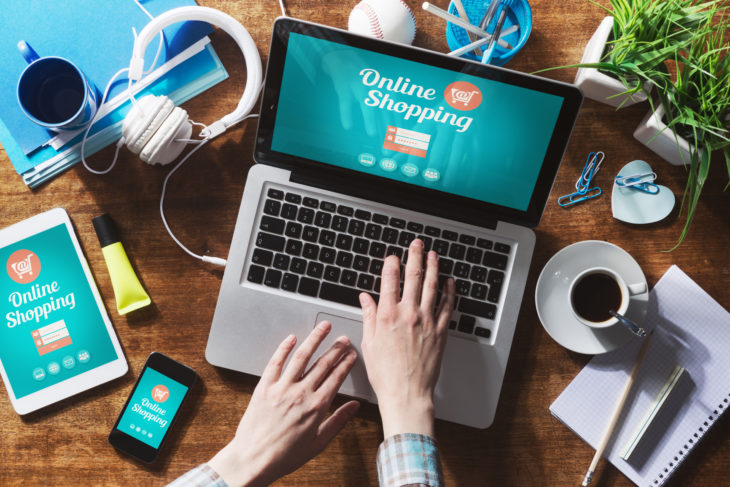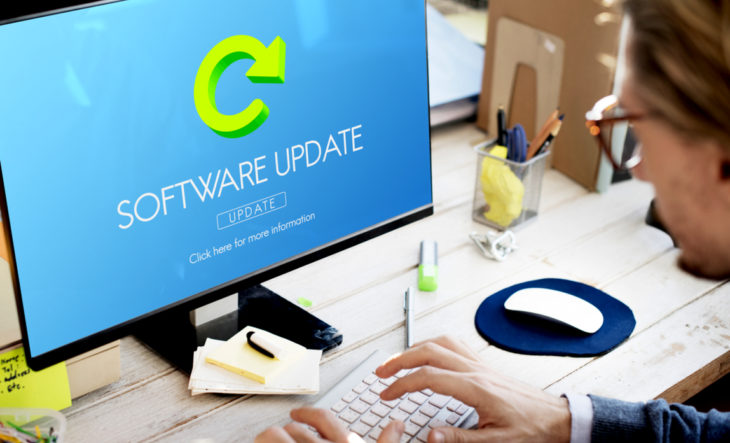Luckily, the age of online shopping makes it easier to get the perfect gift for your loved ones. However, before splurging on your online shopping spree, ensure that you are not exposing yourself to any kind of risk. You may not have to worry about pickpockets while shopping through the internet, but there are still a lot of reasons to protect your personal information. Here are a few clever tips to help you keep your information safe from the bad side of the internet:
Contents
Shop At Familiar Websites

Source: Ladysmith Gazette
You should only shop at a trusted site. Search results can be manipulated to lead you to dangerous sites, especially when you are already past the first few links. It is better to shop at a familiar site because it has lesser chances that it would be a rip-off.
We all know that online shopping at Tab.do can be so much fun as well as all the major online stores. However, beware of misspellings or websites that are also using high-level domain – using .net rather than .com – these are the oldest tricks in the book. These sites providing sales may look tempting, but this is their way of fooling you to give you precious information.
Read Ratings And Reviews
Before purchasing an item, you must first check whether previous buyers are happy with the item as well as the trustworthiness of the person selling the item. Most online marketplaces will always allow their customers to review and rate products as well as the sellers themselves. The review will be based on a few criteria such as the speed of delivery, payment options and helpfulness in solving a problem. Reading and comparing these reviews can be a powerful tool in avoiding potential scammers and defective products.
Outsmart Email Scams

Source: Silicon UK
Usually, it is during the holidays that email scammers send out malware and viruses in the disguise of a special offer such as Bcontemporary.ca offering coupon codes. Never open emails from an unfamiliar person or website you never visited. Another way scammers can trick you is to send fake messages from a bank or other companies saying there is a problem with your account. If you want to confirm this, call your company directly to verify if there are real problems regarding your account. Never provide your account information in response to these kinds of emails.
Look For The Lock
Never ever use your credit card in buying an item online if a website does not have an SSL encryption installed. A sign that a website has SSL is that its URL always starts with HTTPS rather than just HTTP. Another sign that a website has SSL is a padlocked icon will usually appear at the left side of the URL in the address bar depending on your browser. Luckily today, HTTPS is now a standard for most shopping websites and even Google automatically flags any page without an “S” as not secure.
Update Your Software

Source: Tech Donut
Keeping your software updated is the easiest way to protect valuable information while shopping online. Software updates are frequently released to help boost security and fight new scams or viruses that are being developed consistently. It may look like a waste of time waiting for your computer to update and restart, but the advantages are so much worth it. Next time you see a software update alert, do it immediately.
Beefed Up Passwords
There is a good reason why this tip may sound like a broken record – it is really really really important! Unique passwords are the best gatekeepers for your personal and financial information. If you are using just one password for all of your accounts, take a few minutes and change them now.
